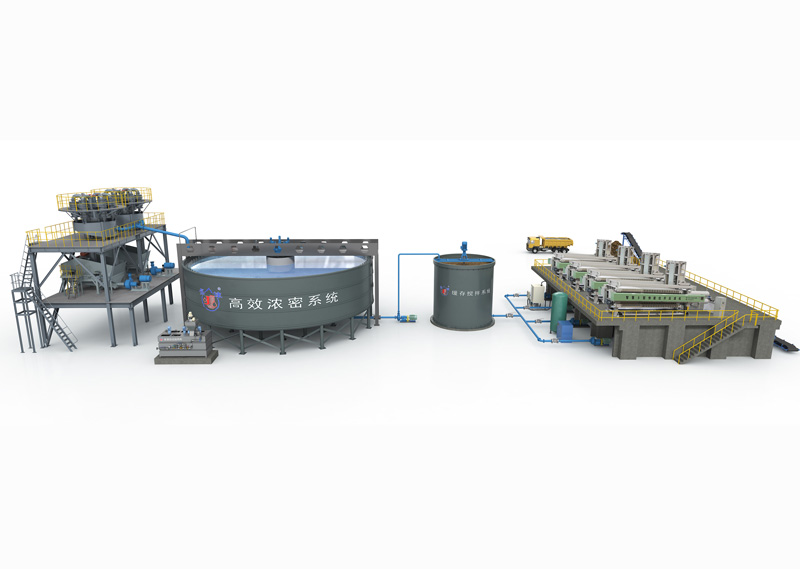The weight of a hydraulic filter press will depend on several factors, including the size of the press, the type of frame and construction materials used, and the hydraulic components and accessories included.
Here are some general guidelines for estimating the weight of a hydraulic filter press:
Small filter presses: Small filter presses with a capacity of up to 10 cubic feet of material can weigh between 500 and 2,000 pounds.
Medium filter presses: Medium filter presses with a capacity of between 10 and 50 cubic feet of material can weigh between 2,000 and 10,000 pounds.
Large filter presses: Large filter presses with a capacity of over 50 cubic feet of material can weigh between 10,000 and 50,000 pounds or more.
It’s important to note that the weight of a hydraulic filter press will also depend on the type of frame used. For example, a cast iron frame will weigh more than an aluminum or steel frame. Additionally, the weight of the hydraulic components and accessories, Dead Weight Hydraulic Filter Press For Sale such as the hydraulic cylinder, pump, and motor, will also add to the overall weight of the press.
When purchasing a hydraulic filter press, it’s important to consider the weight of the press and ensure that it is compatible with your specific application and installation requirements. It’s also important to follow the manufacturer’s instructions for installation and use to ensure safe and efficient operation of the press.
Determining the appropriate size of hydraulic filter press for your application will depend on several factors, including the amount of material to be filtered, the particle size of the material, the desired filtration rate, and the available space for the press.
Here are some steps you can take to help determine the appropriate size of hydraulic filter press for your application:
Determine the amount of material to be filtered: The first step is to determine the amount of material that needs to be filtered. This will help you determine the capacity of the filter press that you need.
Calculate the required filtration area: The amount of material to be filtered will determine the required filtration area. A general rule of thumb is to use 1.5 to 2 square feet of filtration area per 1000 pounds of material per hour.
Choose the appropriate plate size: Once you have determined the required filtration area, choose a plate size that is appropriate for your application. Plate sizes typically range from 470mm to 1500mm, with larger plates providing more filtration area.
Consider the type of material being filtered: The type of material being filtered will also impact the size of the filter press required. Materials with smaller particle sizes will require smaller filter plates and more filtration area to achieve the desired filtration rate.
Consider available space: The size of the hydraulic filter press will also depend on the available space for installation. Make sure to measure the available space and choose a press that will fit comfortably in the available area.
By following these steps, you can determine the appropriate size of hydraulic filter press for your application. It’s important to choose a press that provides the required filtration area and capacity for your specific needs, while also taking into account the type of material being filtered and available installation space.
